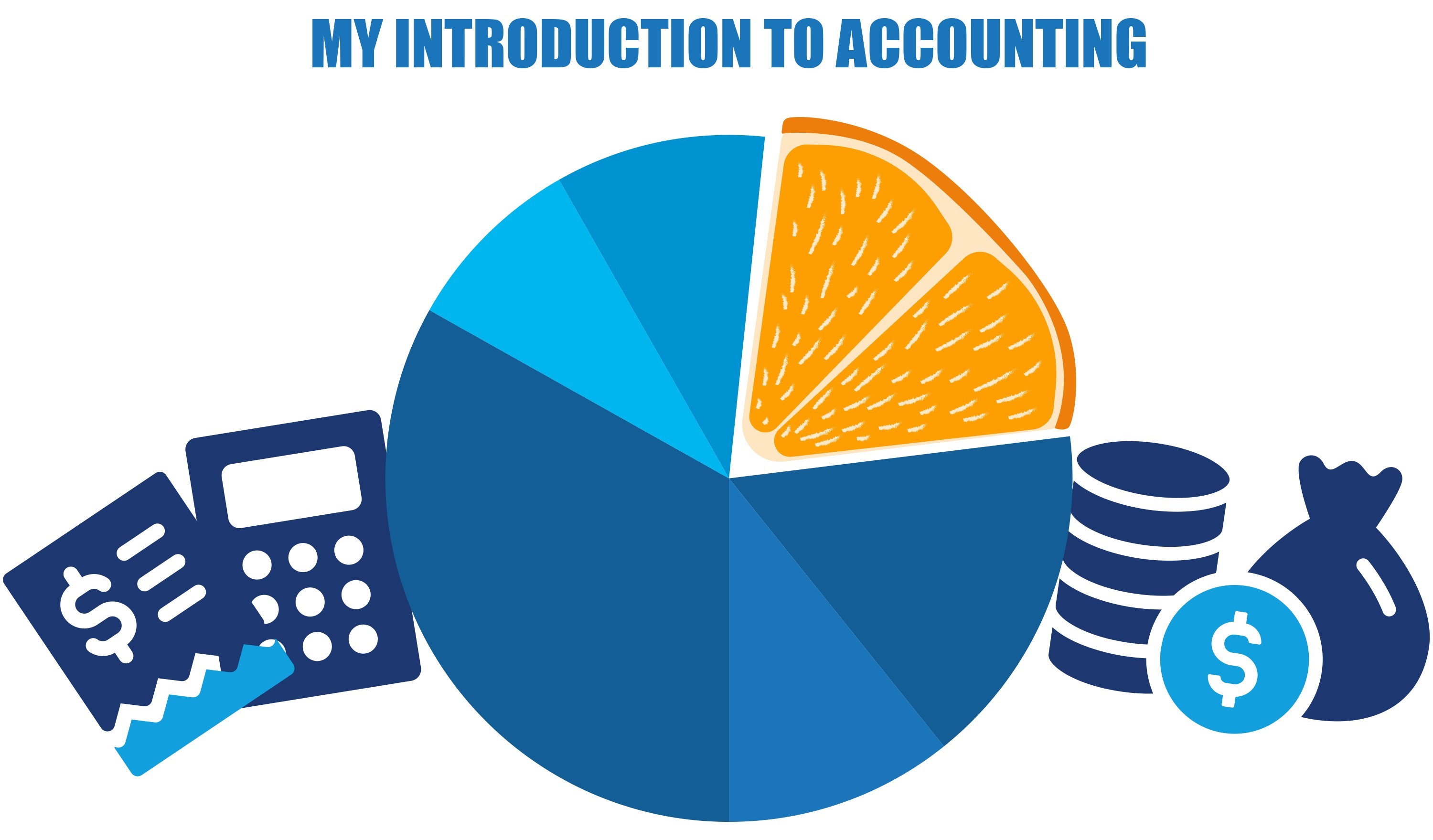“Where there is no vision, the people perish.” – Proverbs 29:18
During the 1970s, a Barbadian friend, now a leading Caribbean hotel entrepreneur, stayed at our home in Trinidad and was impressed by our sweet, seedless local Valencia oranges. After purchasing a few dozen and obtaining the necessary phytosanitary certificates, he returned to Barbados.
Soon after his arrival, the telephone rang, and the oranges were a hit with his family. The demand for the oranges surged, presenting a business opportunity. He placed an order for 500 oranges, prompting us to come together and plan the execution of this venture in our spare time.
This experience marked my first venture into the world of business. In Trinidad, two of us were responsible for sourcing, purchasing, cleaning, packing, and shipping the oranges by air. Meanwhile, in Barbados, another individual was tasked with expanding on this initial order, receiving, packaging, delivering the fruit to our customers, and collecting payment for the goods.
Although my formal training was in mathematics, statistical science, and operations research, numbers have always fascinated me. I had to swiftly familiarize myself with bookkeeping and accountancy to navigate this new endeavor. I sought guidance from an accountant to learn the intricacies of the double-entry accounting system. As I delved into producing general ledgers and financial statements, I also attended a short course to formalize my accounting knowledge.
The business flourished, reaching a peak shipment of 20,000 oranges weekly over two years. However, the venture came to an end due to labor shortages driven by the lucrative oil industry, which affected the availability of workers to pick the oranges at a viable cost.
As I assumed more decision-making responsibilities across various projects, my proficiency in accounting steadily grew. Today, I confidently handle various accounting matters as they arise.
Whether we’re talking about established enterprises or burgeoning startups, the foundational pillars of financial management – the balance sheet, income statement, and cash flow schedules – are essential instruments. These tools offer a holistic view of a company’s financial well-being, influencing decisions that span daily operations to long-term strategic planning.
Mastering financial acumen empowers individuals to assess alternatives and make informed choices, an imperative skill for forward-thinking business owners.
Overlooking the relevance of personal finance is a common pitfall. Still, in a subsequent column, I will explore why the balance sheet, crucial in business financial management, is equally vital for personal financial stewardship.
On a heartwarming note, I congratulate my cousin Michael and his wife Sonia on achieving a remarkable milestone – their 50th wedding anniversary. Their enduring partnership embodies love, resilience, and commitment, reflecting the values deeply rooted in our Caribbean heritage. May your journey be blessed with joy, love, and countless years of shared happiness. Cheers!

(Dr. Basil Springer GCM is a Change-Engine Consultant. His email address is basilgf@marketplaceexcellence.com. His columns may be found at https://www.nothingbeatsbusiness.com).
